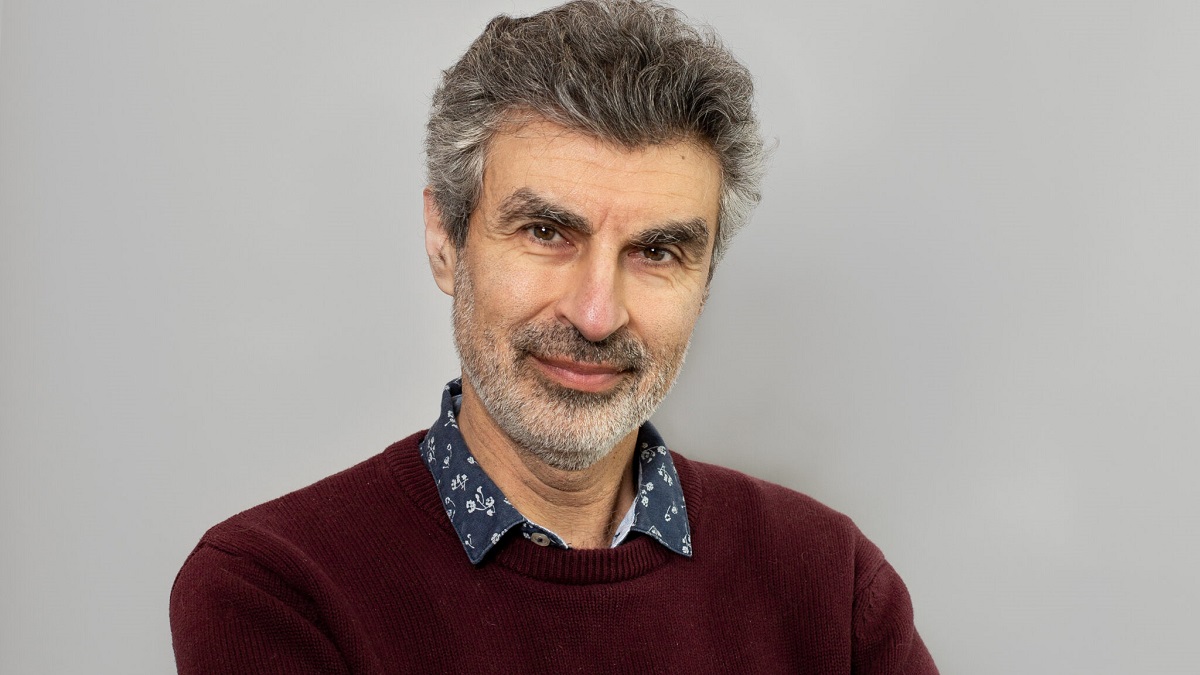It seems the three individuals commonly referred to as the godfathers of artificial intelligence are not pleased with the direction in which the technology is progressing. In 2019, all three computer scientists Yoshua Bengio, Geoffrey Hinton, and Yann LeCun earned the moniker when they were awarded the esteemed Turing Award and granted a collective sum of $1 million.
Having maintained their friendship for over three decades, two of the group have shifted their focus from advancing AI to issuing a warning to the industry by emphasising that this is a crucial time to slow down and take action. During an interview with the BBC, Bengio expressed his concerns about the transformation of AI which has led him to question his life’s work as he believes AI could morph into an apparent threat.
Concerns over bad actors
Prof Bengio said he is concerned about, “Bad actors” getting their hands on AI, especially as the technology becomes more sophisticated and powerful. “It might be military, it might be terrorists, it might be somebody very angry, psychotic. And so if it’s easy to program these AI systems to ask them to do something very bad, this could be very dangerous,” said Bengio. “If they’re smarter than us, then it’s hard for us to stop these systems or to prevent damage,” he added.
The AI godfather also acknowledged that these concerns were taking a personal toll on him and that his life’s work, which had provided him with direction and a sense of identity, was no longer clear to him.
“It is challenging, emotionally speaking, for people who are inside [the AI sector]. You could say I feel lost. But you have to keep going and you have to engage, discuss, encourage others to think with you,” he told the BBC.
AI regulation
Prof Bengio went on to stress the importance of requiring all companies that develop AI products to undergo registration.
“Governments need to track what they’re doing, they need to be able to audit them, and that’s just the minimum thing we do for any other sector like building aeroplanes or cars or pharmaceuticals. We also need the people who are close to these systems to have a kind of certification… we need ethical training here. Computer scientists don’t usually get that, by the way,” said Bengio.
Prof Bengio is among the big names to sign statements urging caution on the future risks of AI systems. Dr Geoffrey Hinton, one of the AI godfathers recently announced his resignation from Google, saying he regrets his life’s work and now wants to freely talk about the potential risks of AI.
Prof Yann LeCun, the third AI godfather who won the Turing Award alongside Bengio and Hinton tweeted that while AI does have potential risks, the apocalyptic warnings are exaggerated.
This is absolutely correct.
— Yann LeCun (@ylecun) May 4, 2023
The most common reaction by AI researchers to these prophecies of doom is face palming. https://t.co/2561GwUvmh
“It’s never too late to improve,” says Prof Bengio of AI’s current state. “It’s exactly like climate change. We’ve put a lot of carbon in the atmosphere. And it would be better if we hadn’t, but let’s see what we can do now,” said Bengio.
Isa Muhammad is a writer and video game journalist covering many aspects of entertainment media including the film industry. He's steadily writing his way to the sharp end of journalism and enjoys staying informed. If he's not reading, playing video games or catching up on his favourite TV series, then he's probably writing about them.






































